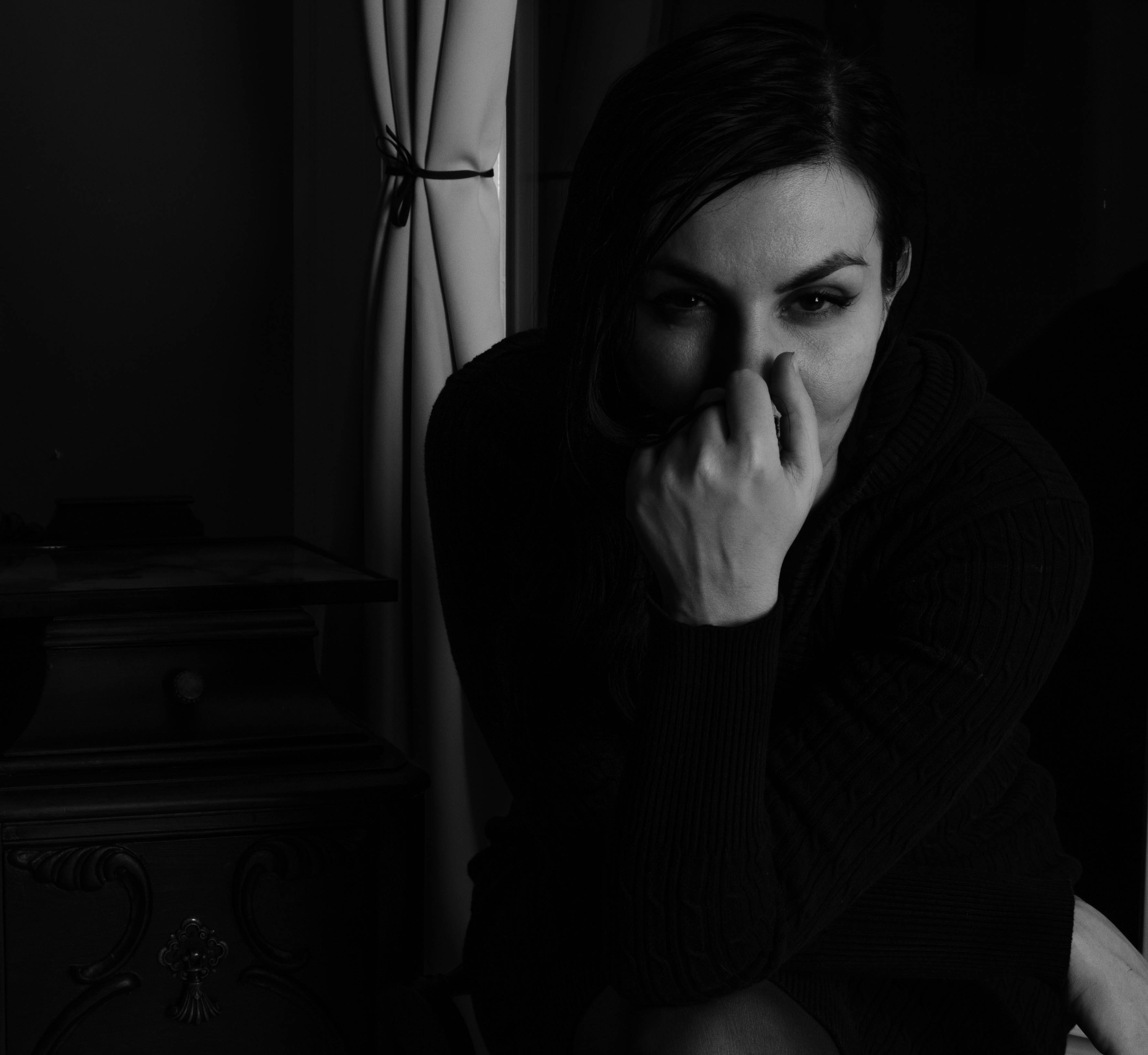Self-sabotage
This article is for those of you who have been or currently are in a state of perceived struggle, growing discontentment, or transition.
We feel pain for many reasons; sometimes, pain is just part of being human and having our hearts open. If we never felt pain, it might be because we have shut down to a full experience of the heart and a deep compassion for others.
There is no shame in struggle. There is no shame in asking for help. There is no shame in making “mistakes” and trying again. Fear is probably one of the biggest things that blocks us from entering into the expansive nature of vulnerability. . . and the opportunities that we create for ourselves.
Whether we are self-initiating our growth (sometimes through a creation of conflict or discomfort) our expansion or life is initiating us in ways we thought we could never be prepared for, let alone handle.
Stop yourself, notice and acknowledge your thinking. Pay attention to the moments when you think “this is too hard, I can’t do this, I can’t do this, I can’t do this.” It’s a lie we typically tell ourselves because it gives us permission to give up just moments before our self-deceit will be revealed to us and show us how “wrong” we have been. I say this without the typical judgment that goes with the word “wrong.” In this case, wrongness simply means we have stepped out of a TRUTH that exists even when we can’t see it.
THE POWER OF THE “I AM. Observe how you reinforce and imprint the story of the pain or the continuation of the undesired by restating it “as is” again, and again and again. Be aware of what you are “I AM ing.” Each “I AM” is a reinforcement to the subconscious who will make sure you maintain what you “I Am” to yourself.
THE DICHOTOMY OF CONFLICT AND COMFORT. We can easily become addicted to drama and pain. We can easily become addicted to conflict and not feel alive unless we are experiencing, creating and reinforcing it. Many people get bored and disengage when conflict doesn’t exist. Through our conditioning in a world that relies on consumption sourced in conflict, conflict has become familiar and even desired and the familiar seeks to survive.
An interesting dichotomy is that as much as we are addicted to conflict, we also love comfort. Without being conscious of it, conflict can become what is comfortable and “normal.” Anything that unsettles that which is comfortable (broken hearts, not having a sense of tomorrow, doubt, fear, change, loss) takes us out of that which is familiar and certain. Even the most curious of humans seek to experience the familiar, even when the familiar is not what we want! When the familiar becomes threatened by the possibility of change, it seeks to survive. The impact is sometimes struggle, sometimes “failure” and sometimes self-sabotage. And, much of our resistance to change is unconscious and is sourced in beliefs and expectations (the should of life) that we may not be aware of.
Adapted from A.P. Law


